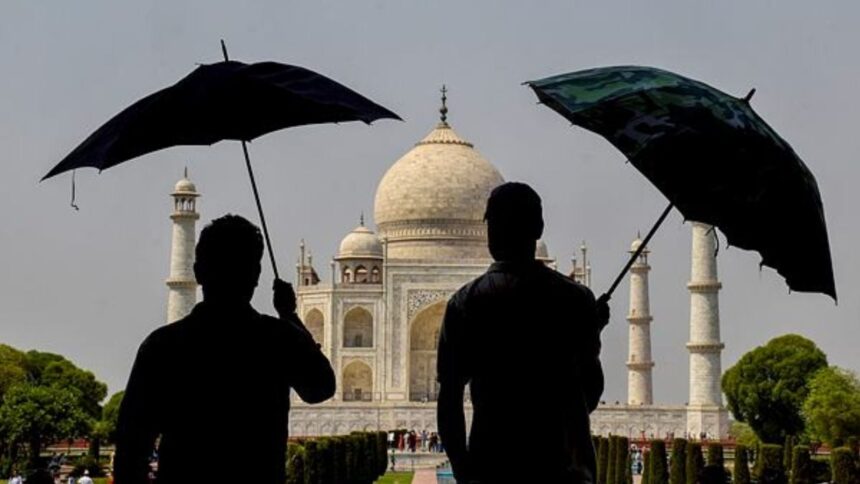In the latest April wave of the Ipsos What Worries the World survey, India has retained its 4th position in global optimism, with 62% of Indian citizens expressing hope for a better future. The data reflects continued positivity in India, matching results from the previous wave, and highlights the growing confidence in several global south markets.
India is joined at the top by fellow Asia-Pacific Economic Cooperation (APEC) countries, with Singapore (85%) leading the pack, followed by Malaysia (70%), Indonesia (67%), India (62%), and Thailand (55%). Argentina also featured strongly, tying with Thailand at 55%.
Amit Adarkar, CEO of Ipsos India, provided insight into the findings, emphasizing India’s strategic position and internal strengths. “We have the global advantage of being geographically away from both Ukraine and Gaza, the epicentres of wars. India and the other global south markets have largely been driven by domestic consumption and domestic economy. And India also has the demographic dividend, leading to economic growth.”
He added, however, that emerging challenges were not yet reflected in this survey wave. “This survey was conducted before the Trump tariffs were announced (with a 90 day pause to reciprocal tariff) and before the Pahalgam terror strike took place. These events have heightened anxiety and fear among citizens which have not been captured in the current wave. India being a strong economy and a resilient market, it will continue to stay on grid. But the unrest at the borders and the looming reciprocal tariffs by the Trump govt could lead to a strong impact on India’s fortunes.”
Despite the buoyant outlook among the global south, the report reveals rising global pessimism, particularly in countries such as Peru, South Korea, and France. These nations showed a more negative outlook about the future, in stark contrast to the optimism seen across much of Asia and Latin America.
One key finding from the survey is the prominence of as the top issue globally and within India. According to Adarkar, “Ipsos’ What Worries the World survey tracks public opinion on the most important social and political issues across 29 countries today. And inflation continues to impact both global and local citizens with high cost of living, as a consequence of global economic slowdown, wars in Gaza and Ukraine and now with tough measures by the Trump regime on the anvil, in terms of job cuts and reciprocal tariffs, we are bracing for tougher times ahead.”
He further stated, “With the terror strike in Pahalgam and India’s tough call, the citizens are likely to bear the brunt of these new developments, with increase in prices of essential commodities and slowdown in inbound travel of foreign tourists, impacting the economy.”
Adarkar concluded with a recommendation for policymakers: “Govts should focus on their local worries to provide reprieve to citizens, as these concerns weigh heavily on them.”
Survey Methodology
The 29-country Global Advisor survey was conducted between March 21 and April 4, 2025, via the Ipsos Online Panel system, polling 25,219 adults aged between 16 and 74, depending on country-specific ranges. In India, around 2,200 individuals were surveyed, with approximately 1,800 face-to-face interviews and 400 online.
The sample in India represents the urban population, including socio-economic classes A, B, and C across metros and Tier 1–3 towns. The findings were weighted to reflect recent census demographics and are indicative of the views of India’s more connected population segment.
Ipsos, one of the world’s largest market research companies, operates in 90 markets with over 20,000 employees, offering insights into global opinions, behaviours, and trends.








